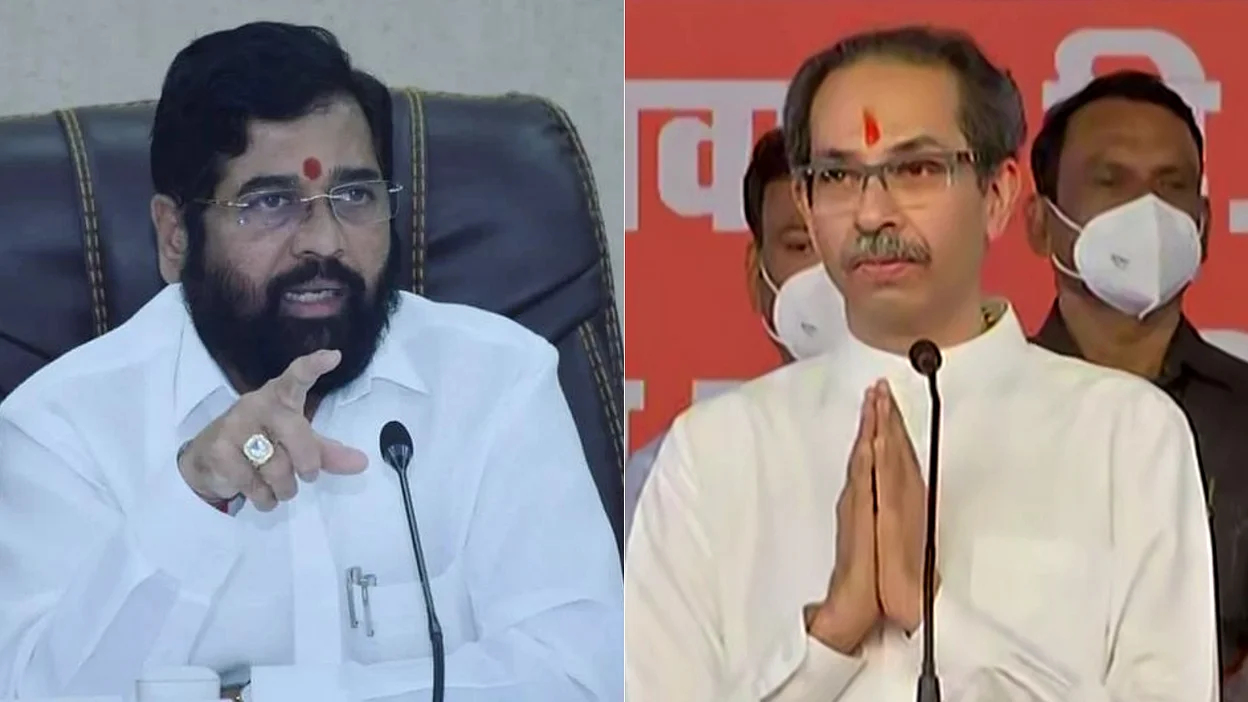The Governor’s constitutional authority to order a floor test is in the spotlight as the Maharashtra political crisis plays out, with the Shiv Sena potentially splitting and Chief Minister Uddhav Thackeray perhaps losing majority.

The Governor may dissolve the Assembly with the assistance and recommendation of the government, according to Article 174(2)(b) of the Constitution. When the advise comes from a Chief Minister whose support may be in question, the Governor can use his judgement.
The Supreme Court confirmed the Speaker’s authority to call for a floor test if it appears, at first glance, that the government has lost its majority in Shivraj Singh Chouhan & Ors v. Speaker, Madhya Pradesh Legislative Assembly & Ors in 2020.
A two-judge bench made up of Justices D Y Chandrachud and Hemant Gupta stated, “The Governor is not denuded of the power to order a floor test where on the basis of the material available to the Governor it becomes evident that the issue as to whether the government commands the confidence of the House requires to be assessed on the basis of a floor test.”
The Governor may convene the House and order a floor test pursuant to Article 175(2) to determine if the government has the necessary number of members. The Court also provided a thorough explanation of the Governor’s authority and the floor test statute in its conclusion.
Similar circumstances arose when MLAs from the Jyotiraditya Scindia camp joined the BJP and the then-Congress Chief Minister Kamal Nath requested that the Governor dismiss the Assembly.
Instead, the governor demanded a floor test.
The Speaker is the one who has the authority to declare a floor test during a House session. However, the Governor may call for a floor test when the Assembly is not in session thanks to his residuary powers under Article 163.
The right of a political party to access “captive” MLAs who were whisked away to a vacation was also covered by the Supreme Court in its 2020 decision. The Court noted that the MLAs had the ability to “decide for themselves as to whether they should continue to be Members of the House when they lack trust in the existing administration in the state,” despite the fact that it did not provide such a right. However, the Court ruled that this must be done on the House floor.
“The spectacle of competing political parties escorting their supporters to secure locations is not very positive for the health of our democratic politics. It is a regrettable indication of the faith political parties have in the people who make up their own voting blocs and a reflection of what really occurs in politics. As we observed, political horse-trading is becoming a commonly used term in judicial precedents, the Court had stated.











